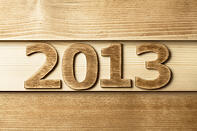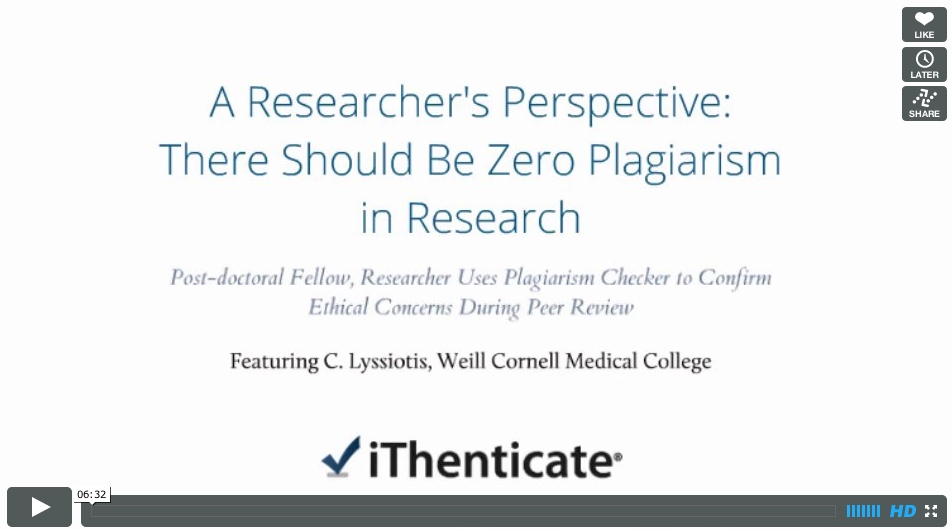A recent article in The Economist highlighted what is becoming a serious problem for many researchers: Copyright.
Menu
-
Solutions
-
Our Solutions
-
AcademicSurface potential plagiarism prior to publication with iThenticate’s expansive content database.
-
AdmissionsScreen personal essays for potential plagiarism and help ensure the highest level of integrity even before matriculation.
-
GovernmentEnsure the originality of public-facing content, from legal documents to grant applications, and reporting.
-
MedicalPrevent invalid findings dissemination, grant misconduct, and improper medical practices.
-
PublishingProtect your journal’s reputation by publishing only the highest quality articles.
-
-
Resources
-
Our Resources
-
FAQFind the answers to the commonly asked questions about how iThenticate works.
-
Content DatabaseComprehensive coverage you can trust across the internet, scholarly articles, and industry papers.
-
GuidanceSearch our comprehensive site for the launch, integration and usage information.
-
-
Pricing
-
Login
-
Buy Credits
 Together the panelists provided insights that raise awareness of various plagiarism issues, offered best practices to help researchers and writers avoid plagiarism, and suggested ways for editors and journal management to prevent plagiarism. Examples mentioned during this session may be found
Together the panelists provided insights that raise awareness of various plagiarism issues, offered best practices to help researchers and writers avoid plagiarism, and suggested ways for editors and journal management to prevent plagiarism. Examples mentioned during this session may be found 
 However, much of the focus changed in 2013. Where 2012 was very journalism-oriented with the “Summer of Sin” and Jonah Lehrer, 2013 was much more diverse and featured plagiarism scandals from a variety of fields including politics, religion and filmmaking.
However, much of the focus changed in 2013. Where 2012 was very journalism-oriented with the “Summer of Sin” and Jonah Lehrer, 2013 was much more diverse and featured plagiarism scandals from a variety of fields including politics, religion and filmmaking.












